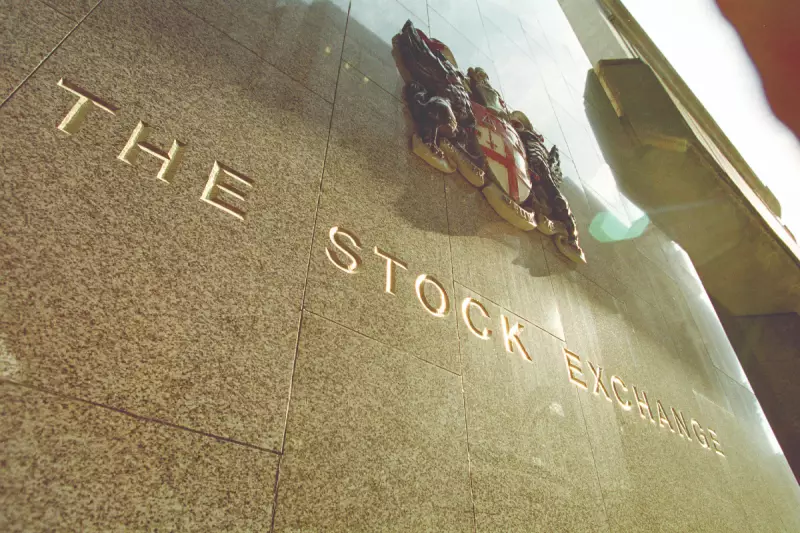
In a bold intervention that's sending shockwaves through the Square Mile, Stephen Yiu - the mastermind behind the £1.2bn Blue Whale Capital Fund - has unveiled a radical prescription to rescue the ailing London Stock Exchange. His solution? A dramatic corporate spin-off that could fundamentally reshape the future of London's financial heart.
The renowned fund manager argues that the LSE's current structure as a sprawling financial data and analytics conglomerate is stifling its core function: serving as Britain's premier listing venue. With British companies continuing to defect to New York at an alarming rate, Yiu believes only drastic action can reverse the tide.
The Conglomerate Conundrum
"The London Stock Exchange is no longer just a stock exchange," Yiu explains, pointing to its evolution into a diversified financial data powerhouse through acquisitions like Refinitiv. "This conglomerate model creates inherent conflicts and distracts from its vital role as Britain's corporate showcase."
His analysis reveals a startling reality: while the LSE Group's profits soar, its function as a listing venue languishes. The number of companies trading on London's main market has plummeted by over 40% since the 2008 financial crisis, creating what many are calling a silent emergency for UK plc.
The American Exodus
The statistics make for grim reading. British building materials giant CRH, gambling behemoth Flutter Entertainment, and technology champion Arm Holdings have all chosen US listings over London in recent times. Each defection represents not just a loss of prestige but a significant blow to London's ecosystem of brokers, advisors, and investors.
"When our brightest companies feel they must cross the Atlantic to find their true value, something is fundamentally broken," Yiu states bluntly.
A Blueprint for Revival
Yiu's proposed spin-off would create a separate, focused entity dedicated solely to running the stock exchange and attracting new listings. This pure-play exchange business could then:
- Implement aggressive incentives for new listings
- Develop specialised markets for growth companies
- Streamline regulatory processes without compromising standards
- Compete directly with nimble European rivals
The remaining data and analytics business would continue as a separate FTSE 100 company, potentially freeing both entities to pursue more focused growth strategies.
Industry Backing Grows
Yiu isn't alone in his concerns. Prominent fund managers and City grandees are increasingly vocal about the need for urgent action. The proposed spin-off is gaining traction as a potential circuit-breaker to end what many see as a vicious cycle of decline.
"We cannot afford to be complacent about London's status as a global financial centre," warns one senior investment banker. "Stephen Yiu has put forward a serious proposal that deserves serious consideration."
The Stakes for Britain
The outcome of this debate extends far beyond the Square Mile. A vibrant public markets ecosystem is crucial for:
- Funding Britain's next generation of world-class companies
- Maintaining London's role as a wealth creation engine
- Supporting pension funds and retail investors
- Sustaining the UK's competitive edge in financial services
As the government and regulators scramble to stem the flow of companies overseas, Yiu's spin-off proposal represents one of the most concrete plans yet to emerge from the investment community. Whether the LSE's board and shareholders will embrace such radical surgery remains uncertain, but the conversation has undoubtedly begun.
The clock is ticking for London's markets. The question now is whether established institutions can embrace disruptive thinking before more of Britain's corporate crown jewels seek their fortunes elsewhere.





